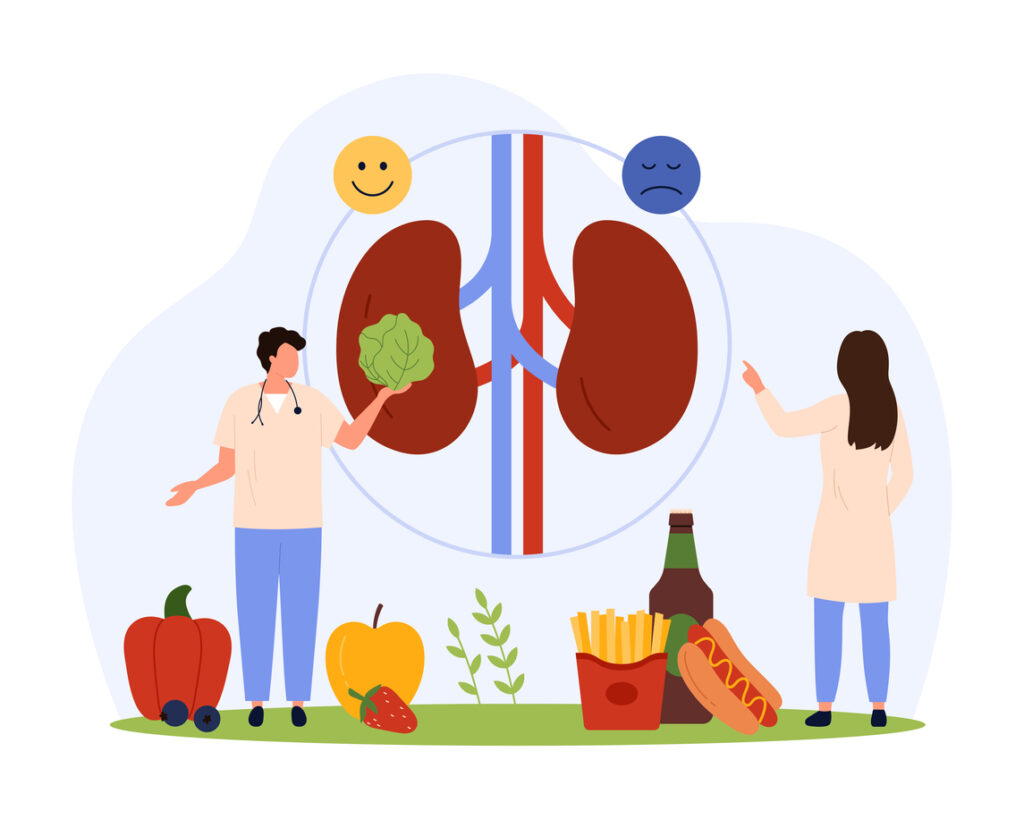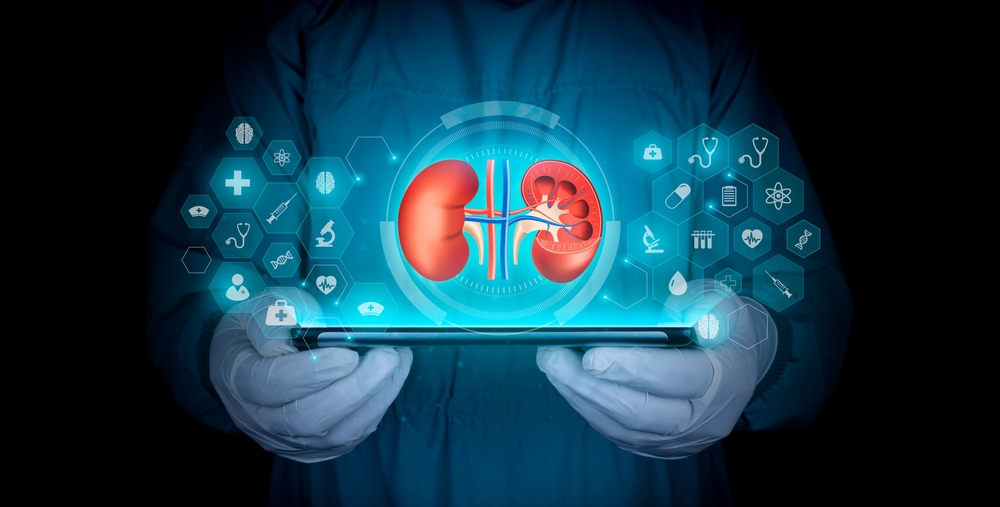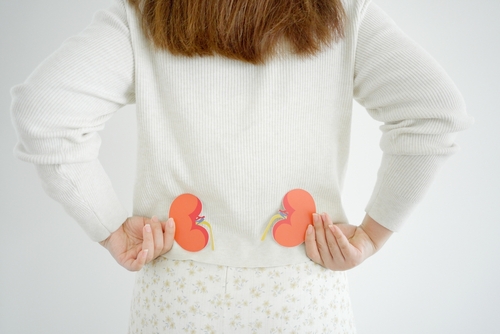Your kidneys are multitaskers, filtering 50 gallons of blood a day, regulating blood pressure, balancing electrolytes, and helping produce hormones. You can take proactive steps to support kidney function and whole-body wellness starting today. Whether you’re managing chronic kidney disease (CKD), are at risk, or just want to protect your kidneys, these simple but powerful habits make a big difference. Here are 8 wellness tips to keep your kidneys healthy and your whole body thriving.
1. Stay Hydrated—But Don’t Overdo It
Water helps your kidneys clear sodium and toxins from the body. Chronic dehydration can lead to kidney stones and urinary tract infections.
How to Do It:
- Aim for 6–8 cups of water daily (more if you’re active or in a hot climate).
- If you have CKD, ask your doctor about a personalized fluid goal.
- Monitor urine color—light yellow usually means you’re well-hydrated.
Pro Tip: Carry a reusable water bottle to make sipping easy throughout the day.
2. Eat a Kidney-Smart Diet
Your kidneys process everything you eat. Some nutrients, like sodium, potassium, and phosphorus, can stress damaged kidneys if not monitored.
How to Do It:
- Eat more fruits and vegetables (watch potassium if you have CKD).
- Choose lean proteins like fish, chicken, tofu, or egg whites.
- Limit processed foods, salty snacks, and added sugars.
- Opt for healthy fats like olive oil, nuts (if allowed), and avocado.
Pro Tip: The DASH and Mediterranean diets are kidney-friendly starting points. Talk to a renal dietitian for tailored advice.
3. Move Your Body Regularly
Exercise improves circulation, lowers blood pressure, manages weight, and reduces your risk of diabetes and heart disease, all of which impact kidney health.
How to Do It:
- Aim for 150 minutes of moderate exercise per week (walking, swimming, biking).
- Include strength training 2 days a week to preserve muscle mass.
- Start small: even a 10-minute walk daily helps.
Pro Tip: Find an activity you enjoy so it feels less like a chore and more like self-care.
4. Monitor Your Blood Pressure and Blood Sugar
High blood pressure and diabetes are the two leading causes of kidney disease. Controlling these numbers helps slow or prevent damage.
How to Do It:
- Check your blood pressure regularly (target is usually <130/80 mm Hg).
- If diabetic, monitor blood glucose and keep A1C in your target range.
- Limit added sugars, sodium, and processed carbs to help manage both.
Pro Tip: Track your numbers in a journal or app and bring them to doctor visits for better care.
5. Don’t Smoke, Limit Alcohol
Smoking and excessive alcohol use reduce blood flow to the kidneys, raise blood pressure, and increase your risk of kidney cancer and other chronic diseases.
How to Do It:
- If you smoke, seek support to quit—nicotine patches, support groups, and medication can help.
- Limit alcohol or skip it altogether if you have kidney disease.
Pro Tip: Replacing smoking with a positive habit like walking or journaling can help you stay on track.
6. Manage Stress for Better Kidney Function
Chronic stress can contribute to inflammation, high blood pressure, poor sleep, and unhealthy habits that all affect kidney function.
How to Do It:
- Practice deep breathing, mindfulness, or meditation.
- Prioritize sleep—aim for 7–9 hours per night.
- Stay connected to friends, family, or a support group.
Pro Tip: Even 5 minutes of quiet breathing or stretching can reset your stress response and support your kidneys.
7. Be Smart About Medications and Supplements
Some medications, especially NSAIDs like ibuprofen and over-the-counter supplements, can harm the kidneys over time, especially if taken in large doses or without supervision.
How to Do It:
- Avoid long-term use of NSAIDs unless prescribed.
- Always tell your doctor about herbal supplements or over-the-counter remedies.
- Stick to prescribed medications, especially for blood pressure or diabetes.
Pro Tip: Read labels carefully and always check with your healthcare provider before starting anything new.
8. Get Regular Kidney Check-Ups
Kidney disease often progresses silently. Simple lab tests can detect issues early, when they’re most treatable.
Key Tests to Ask For:
- GFR (Glomerular Filtration Rate) – measures kidney function
- Urine ACR (Albumin-to-Creatinine Ratio) – detects protein in urine
- Creatinine, potassium, phosphorus, hemoglobin – assess overall kidney health
Pro Tip: Make kidney screenings part of your annual physical, especially if you have high blood pressure, diabetes, or a family history of kidney disease.
Final Thoughts
Caring for your kidneys isn’t just about avoiding disease; it’s about living well. When you drink enough water, eat balanced meals, stay active, manage stress, and keep tabs on your health, you’re building a strong foundation for lifelong wellness. Start with one or two of these tips and build from there. Your kidneys and your entire body will thank you.
Stay informed and take control of your kidney health!




